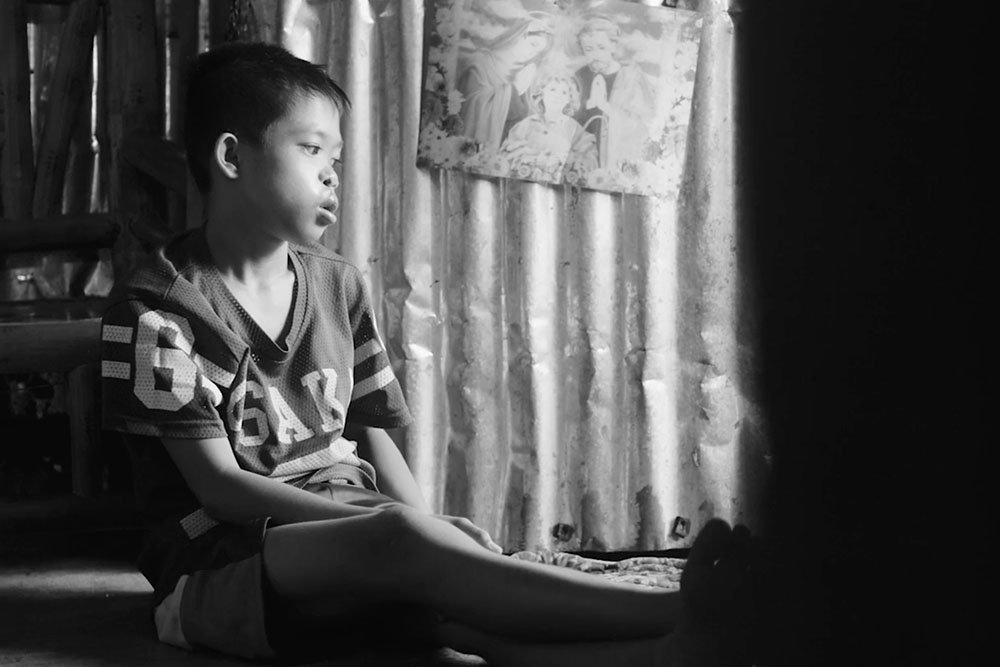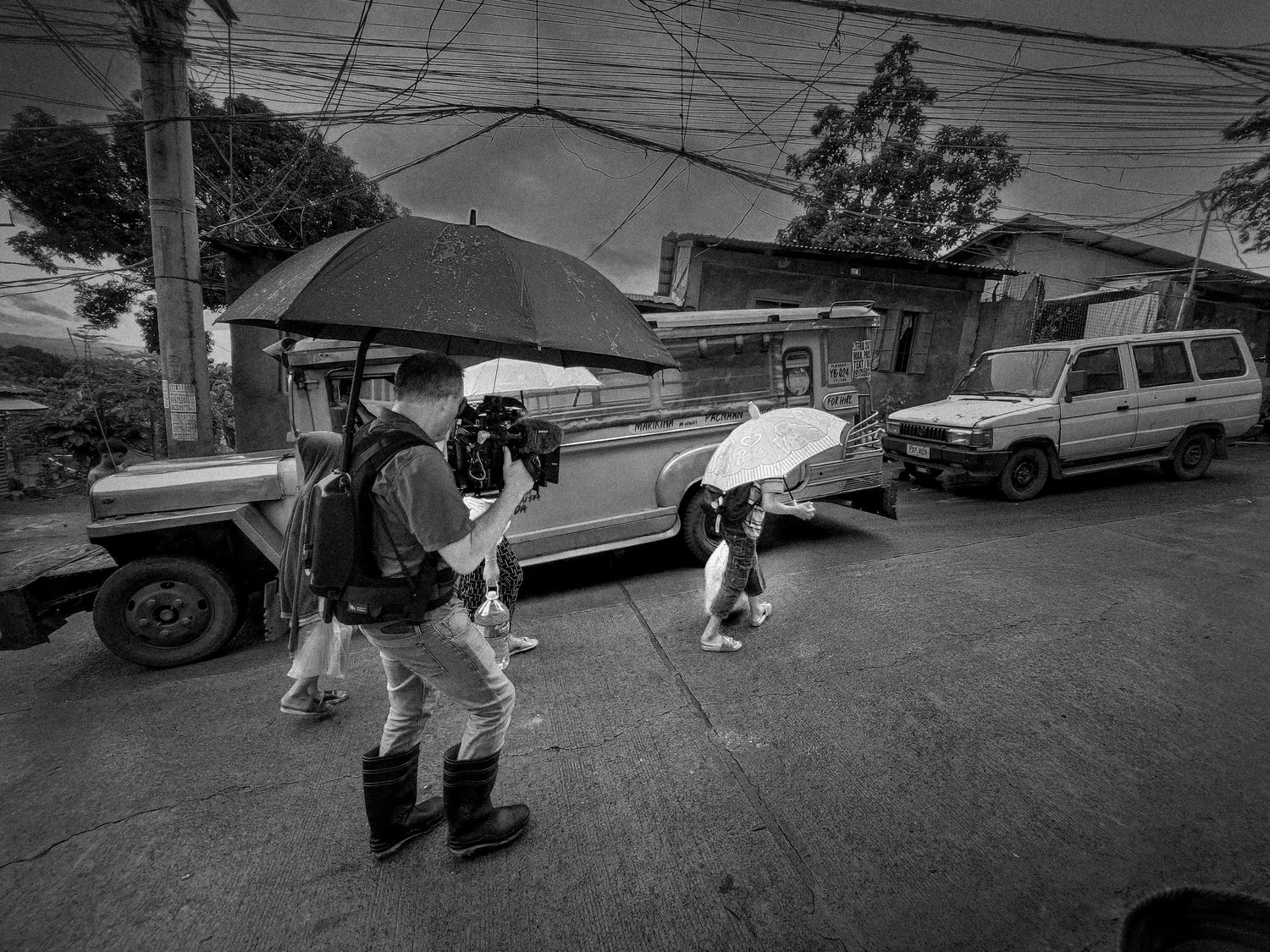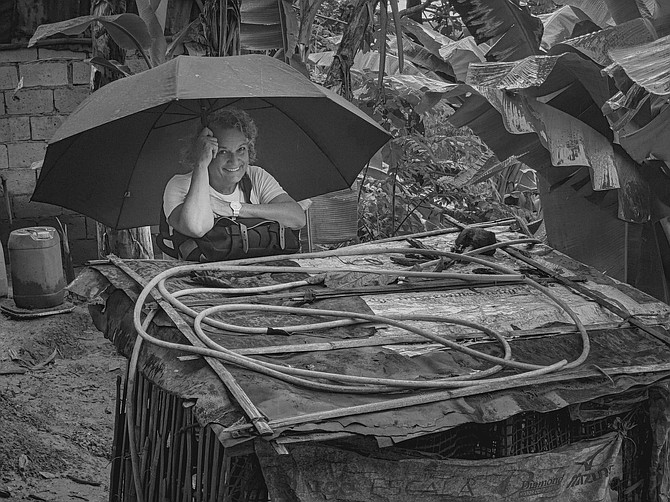When a nation is spread over 7,641 islands and a set of parents abandon a child because of a cleft lip, getting surgery to repair the lip seems impossible unless there’s a big sister involved to get the wheels turning and make things happen.
This all takes place in the Philippines in a documentary called “Every Day After,” produced and directed by a filmmaking couple Elisa Gambino and Neal Broffman. The film recently premiered to the public at the HollyShorts Film Festival, in Los Angeles with Gambino and Broffman in attendance.
Gambino grew up in Hayfield and followed a curvy career path before she found herself behind the camera in the Philippines.
“Lots of excitement last night, it’s fun to see them on the big screen,” said Gambino, who is married to Broffman and now lives in Atlanta.
It all started a few years ago with an organization called Smile Train, that works with people with clefts. It is an international organization that works on repairing the cleft lips so the children can lead normal lives. Smile Train has a mission statement that describes their effort: "A baby with a cleft is born every 3 minutes. These babies can experience isolation and often face prejudice in their communities. No child deserves to feel like an outcast."
 Jary was the subject of “Every Day After.”
Jary was the subject of “Every Day After.”
The stars were Jary, a boy with a cleft, and his older sister Jessa.
Jary grew up in the Masbate Province in the Philippines where he was neglected until he was taken in by his older sister Jessa. Together they navigated medical care and recovery. The 35-minute documentary "honors the invisible labor of a sister whose love and action make it possible for Jary to experience the everyday joys and struggles of growing up," said the film description.
Smile Train reached out to the filmmakers. “No one thought about getting his cleft repaired. Where he was born was a bit remote,” said Gambino.
The wheels started turning though, and the film crew got on an airplane headed to the Philippines where there were challenges, including the weather. It was monsoon season and “it rained every day,” Gambino said. This went on for 25 days where they spent long hours with the family. The Philippines has a variety of tropical wonders for tourists, but not on this trip. “We were too busy to enjoy it,” she said. The film was made in black and white so viewers would pay more attention to the subject matter and not the scenery.
One in 700 babies are born with a cleft or palate globally, according to Smile Train. Clefts cause difficulties eating, breathing, hearing and speaking. A cleft occurs when certain structures don’t fuse together during fetal development. Clefts can involve the lip and/or the roof of the mouth, which is made up of both hard and soft palate. Many children with clefts don’t receive the reconstructive surgery they need.
Out of NOVA
Gambino grew up in Hayfield Farm and graduated from Virginia Tech with a degree in marketing. In 1987 she started working with CNN, covering the war in Somalia, the Berlin Wall coming down, the war in Bosnia and the first Gulf War in the Middle East. It was here Gambino got her experience with film and then set her sights on health and environmental justice themes.
Other environmental and health topics she's addressed included "Wasteland," a CBS News docuseries for Paramount+ that examines the impacts of wastewater on four American communities, which won an award from the nonprofit Food and Water Watch. In 2020, she did "Welcome to Pine Lake," a story of a small Georgia town. Other films: “A Love Song for Latasha” (2021), “Quilt Fever” (2019), and “Outspoken” (2019).
https://www.smiletrain.org/
